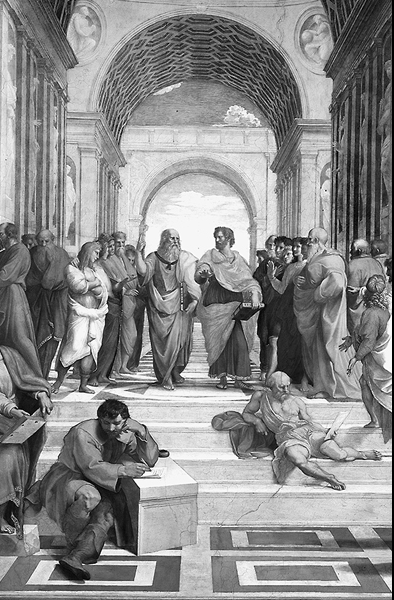In “O das Quinas,” from Fernando Pessoa’s Message, a question echoes softly: what is enough to fill our hearts with true satisfaction? Too often, we chase “more”—more wealth, more status—blind to the truth that our greatest riches already dwell within us. Once, I spent a summer pursuing a promotion, immersed in nights of anguish and effort, convinced it would complete me. But it was the late-night conversations with colleagues, the shared laughter that touched my soul, that left lasting marks on my heart.
In The Book of Disquiet, Pessoa writes: “Happy are those who suffer with unity! Those whom anguish alters but does not divide, who believe, even in disbelief, and can sit in the sun without hidden thoughts.” He also reflects: “There is a happiness in suffering when we feel it with all our soul.” To have for the sake of having brings no joy; it is what we feel through love, pleasure, or even pain that takes deep root, far beyond material possessions without purpose. How many of us wander through life’s finite hours, searching for what is already woven into our days? How can we suffer with unity if we are not present to the moment, if we are not living in the now?
Possessions fade, but the quest—the act of seeking—shines brightly. In “O das Quinas,” Pessoa warns: “To have is to linger,” for physical goods weigh us down, anchoring us as the world spins swiftly. Amassing material wealth delays the soul, but seeking knowledge, in an eternal thirst for understanding, makes us light and nimble, ready for the daring bends in the road of intellectual enrichment. In The Book of Disquiet, Pessoa proclaims: “To act, that is true intelligence,” and it is in the quest that we live most fully. Whether racing toward a dream or walking serenely through a moment, the quest is the pulse of life. It is the thrill of discovery, the courage to step into the unknown, where the path itself becomes the treasure. As he says, “Success lies in succeeding, not in having the conditions for success.” Any wide land holds the potential for a palace, but the palace rises only if we build it there, with our hands and will.
It is in the fervent embrace of the present that the essence of our epic lies. In an intricate dance, it is not about amassing possessions but about seizing moments and adapting to the shifts of time. The relentless clock waits for no one; it crowns those who venture into the tapestry of today, light enough to dance through the bends of the path. Rather than dwelling on regret for past choices, we must lift our eyes to the yet-undiscovered horizon. For it is there, in the vast field of tomorrow, that lies the ground where we can sow transformation, where we can desire and do, as Pessoa teaches us.
The past, it is true, is an inscription in stone, immutable to our designs. Yet it is an eternal school, where learning is the reward. Thus, in this fleeting journey, let us cultivate reverence for the moment. May our aspirations not stagnate in the pursuit of having but flourish in the pursuit of being. May our steps pave the way for a tomorrow we can forge with the hands of the present, building palaces where once there was only earth.
The stage of life belongs to the present. The now is where adventures unfold, where we shape what is to come. So, let us dare to dream and grow as beings. Let us move forward, as Pessoa urges, with “the soul awake” to the moment, ready to desire and act. May his words guide us to embrace the quest, to live boldly today, and to raise, with true intelligence, a fearless tomorrow.


